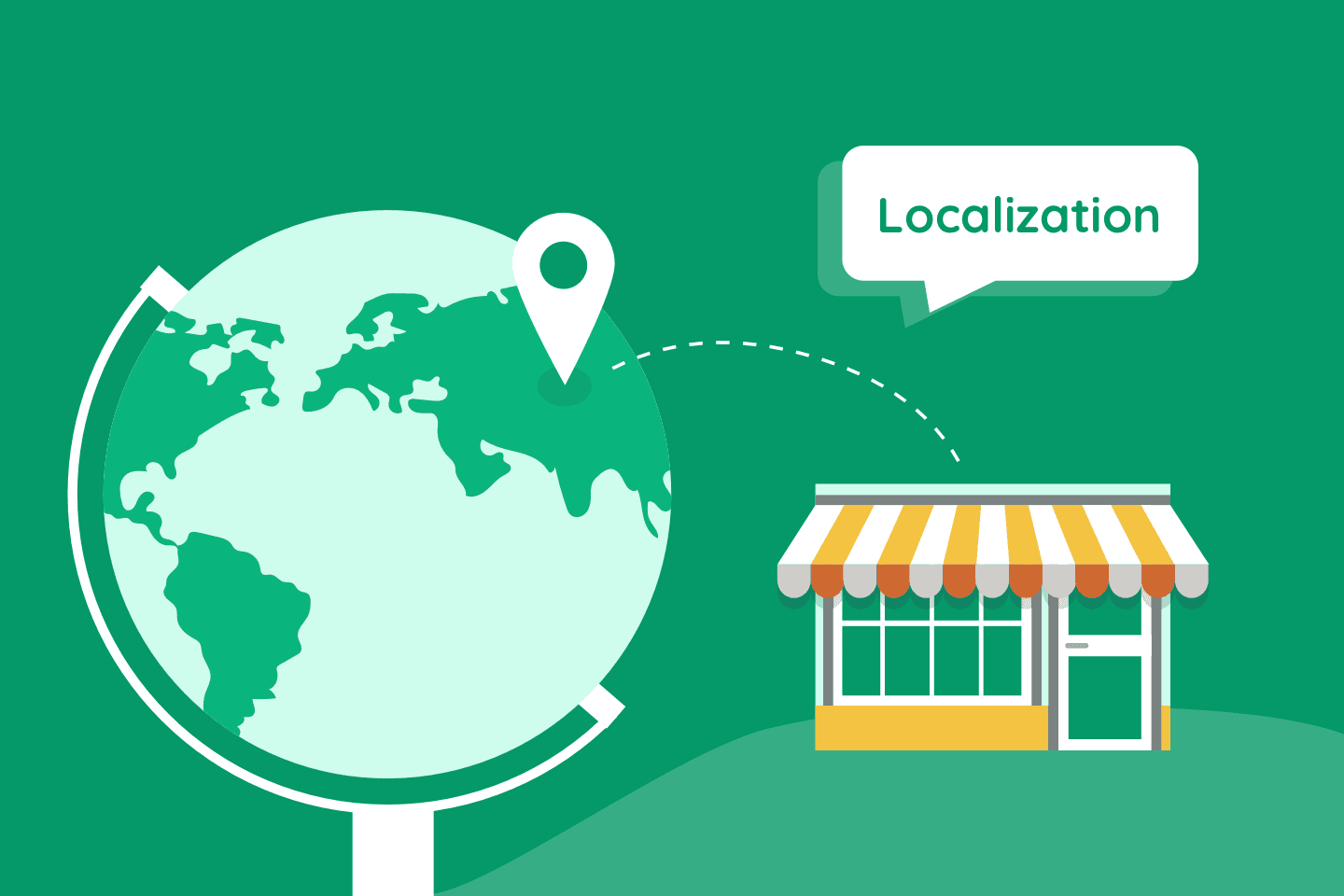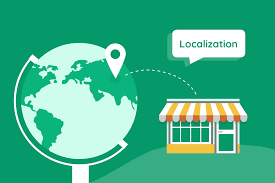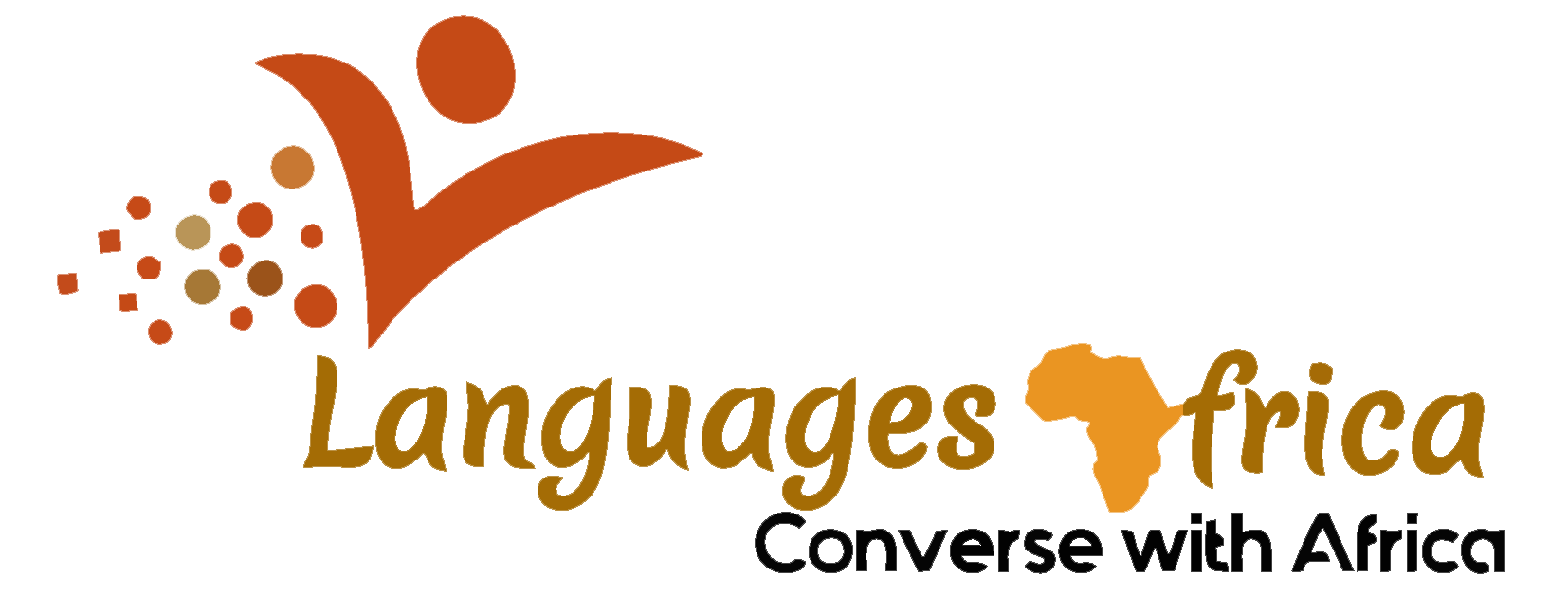Email Address
Info@themis.com
Phone Number
Fax: 001 (407) 901-6400

Localization is the process of adapting a product or content to a specific locale or market. This typically involves translating the product or content into the local language, but can also involve adapting to local cultural norms, local currencies, local date and time formats, and other local conventions.

Localization is the process of adapting a product or content to a specific locale or market. This typically involves translating the product or content into the local language, but can also involve adapting to local cultural norms, local currencies, local date and time formats, and other local conventions. Languages Africa has been a top Company in helping businesses localize their product in Africa. For example, if you are a company that sells software, localization might involve translating the user interface and documentation into different languages, as well as adapting the software to work with local currencies and date formats, Languages Afrca has been able to achieve this by working with Microsoft in translating their operating sytem into Swahili. . If you are a content creator, localization might involve translating your articles, videos, or other content into different languages and adapting them to local cultural norms. Languages Africa has been in the forefront of localization by working with top tech Companies in Africa, companies such as Google and Microsoft.
There are many different tools and services available to help with the localization process; including translation software, language services providers, and localization agencies. These tools and services can help you accurately and efficiently translate your product or content into different languages, as well as adapt it to local conventions and cultural norms.

There are several reasons why localization is important:
1) To expand your market: Localizing your product or content allows you to reach a wider audience in different countries and regions, which can help you expand your customer base and increase your revenue. For example, if you are a software company that only offers your product in English, you may be missing out on a large potential customer base in non-English speaking countries. By localizing your product into different languages, you can tap into these new markets and potentially increase your sales.
2) To improve the user experience: Localizing your product or content can make it more accessible and user-friendly for people in different countries and regions. This can lead to increased engagement and customer satisfaction. For example, if you are a content creator and you only offer your content in English, you may be alienating a large portion of your potential audience that does not speak English as a first language. By translating your content into different languages, you can make it more accessible and user-friendly for a wider range of readers, which can lead to increased engagement and satisfaction.
3) To increase brand awareness and credibility: Localizing your product or content can help you establish your brand in new markets and build credibility with local customers. For example, if you are a company that only offers your product or content in English, you may be seen as less credible or trustworthy in non-English speaking markets. By localizing your product or content into the local language, you can show your commitment to the market and build trust with local customers to comply with local laws and regulations: In some cases, localization may be necessary to comply with local laws and regulations, such as language requirements for consumer-facing products or content. For example, some countries have laws requiring consumer-facing products or content to be translated into the local language in order to be sold or distributed in the market. By localizing your product or content, you can ensure that you are complying with these laws and regulations and avoid any potential legal issues.
In summary, localization is important because it allows you to expand your market, improve the user experience, increase brand awareness and credibility, and comply with local laws and regulations. By localizing your product or content, you can reach a wider audience, increase engagement and satisfaction, and establish your brand in new markets. Languages Africa team is made up of native speakers of African languages who are professional in Medical, education, law, religion and business translators and interpreters.
Mpasua Msonobari is the CEO and Founder of Languages Africa, a seasoned Swahili and other African Languages Translator and OPI & VRI Swahili Interpreter who can be reached directly on his WhatsApp number +254 725 084 032 or you can simply shoot him an email at This email address is being protected from spambots. You need JavaScript enabled to view it. or This email address is being protected from spambots. You need JavaScript enabled to view it.

OFFICES IN: ZANZIBAR, KENYA, UGANDA, USA & RWANDA
US OFFICE: 6475 New Hampshire Ave #4, Hyattsville, MD 20783, USA
DIRECT LINE: (+254) 725 084 032 | (+1) 567-654-3914
msonobari@gmail.com | info@languagesafrica.com
LANGUAGES AFRICA HEADQUARTER OFFICES: Off Namanga Road, Nairobi, Kenya.
Helping the world converse with Africa!